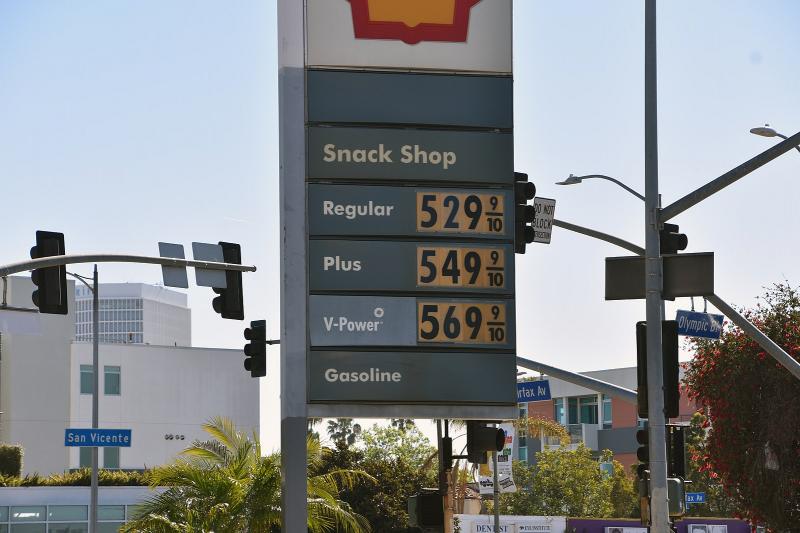
The Massachusetts Fiscal Alliance submitted a petition last week to let voters instead of Beacon Hill decide the fate of a destructive cap-and-trade program that would limit gasoline and diesel supply into the state.
The Transportation and Climate Initiative (TCI) was a proposed regional compact that tried to limit Massachusetts’ emissions from cars and trucks. By auctioning off emissions “allowances” for vehicle fuel suppliers, proponents of the initiative hoped to force energy companies to pay for the right to sell a particular amount of gas and diesel. But of the TCI’s initial 14 members, just two remain interested in joining the program: Rhode Island and Massachusetts. Even the Rhode Island legislature – controlled in both chambers by a Democratic supermajority – expressed reluctance to enter the cap-and-trade agreement, ending this year’s session without passing legislation to join the TCI. In fact, Rhode Island House Speaker Pro Tempore Martin Looney called the TCI a regressive tax on the poor.
Representative Looney is correct: by restricting the supply of gasoline into the state, Massachusetts would experience a rise in the cost of transportation by as much as 38 cents per gallon, paired with imminent and debilitating fuel shortages. The Massachusetts Fiscal Alliance estimates that more than 80,000 vehicles will be without fuel in 2025, just two years after the program is scheduled to begin. To offset that fuel shortage, Massachusetts would need to replace 2,000 gas-powered cars with electric vehicles every month – an impossible task for a state that sold the same number of EVs over the entire course of 2020. Meanwhile, low-earning residents most directly impacted by a fuel shortage will face a challenging set of unappealing choices: drive less, pay more for fuel, or shell out the cash for an expensive electric vehicle.
The Sierra Club, a prominent environmental group, has backed out of its support for the TCI, arguing that the 26% reduction in emissions by 2032 is “too weak.” Indeed, for a program that virtually forces thousands of low-income residents to decide between paying higher fuel costs or purchasing an expensive electric car, the program’s ultimate effect on CO2 emissions is paltry. Moreover, a 26% reduction is exceptionally negligible in light of the dozens of other states that are not committed to reducing fuel use. Nor will the TCI affect the global impact of emissions, especially with countries like China that burn enormous amounts of coal and other dirty fossil fuels.
The TCI’s projections acknowledge that if Massachusetts did not join the agreement, the state would still experience a 19% reduction in carbon emissions over the next decade, thanks to better fuel economy standards and growing demand for EVs. Meanwhile, the effect of the TCI itself would only reduce emissions between 1 and 7 percentage points. Such a minuscule reduction in emissions does little to justify a new annual tax burden of up to $5.6 billion.
Massachusetts residents have already made clear their opposition to gas taxes in a 2014 referendum. At issue was a 2013 law that would have automatically increased gas taxes by indexing them to inflation while placing a minimum cap on gas taxes to prevent any decrease in the tax rate. The law also provided a one-time gas tax hike of 14.2%, from 21 to 24 cents per gallon. Faced with the grim reality of automatic, unlimited gas tax increases, voters in the Bay State approved a resolution to repeal that law. Instead, the TCI would impose a similar, albeit indirect, fuel tax in stark contrast with the preferences of Massachusetts voters.
While Governor Charlie Baker remains committed to joining the TCI, the petition filed by the Massachusetts Fiscal Alliance would successfully place the question before voters in a referendum on the 2022 ballot if the petition is approved and the organization can collect 80,239 signatures by November 17. Massachusetts voters will likely have the chance to again say no to new gas taxes and protect their poorest residents from the bitter effects of a statewide fuel shortage.

